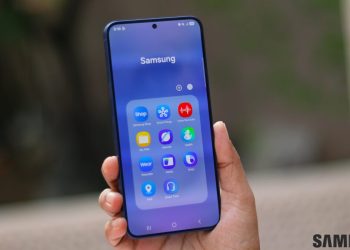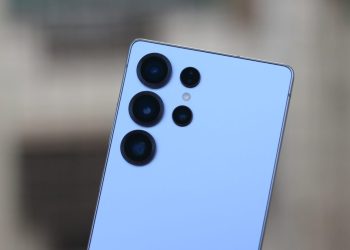The United States has proposed an annual approval process for the export of chipmaking supplies to Samsung Electronics and SK Hynix, two key players in the global semiconductor market. This proposal is set to replace the indefinite authorizations that both companies had previously secured under the Trump administration.
According to a Bloomberg report, U.S. Commerce Department officials recently presented a new “site license” concept to their Korean counterparts, which would require Samsung and Hynix to seek approval every year for the exact quantity of restricted equipment they can ship to their Chinese factories. The new policy would replace the validated end user (VEU) system, which grants perpetual approval based on prior security commitments.
The VEU designations, set to expire at the end of this year, have allowed Samsung and Hynix to send estimated quantities of semiconductor tools and materials to China without requiring new approvals each time. The proposed system introduces more bureaucratic steps, but ensures continued operations for these companies.
While some officials in Seoul have expressed relief that a framework remains in place, many are concerned about the increased regulatory burden. Discussions are still ongoing, and no final decision has been reached.
Since 2022, both the Biden and Trump administrations have implemented extensive export controls to curb China’s semiconductor and AI capabilities. However, waivers have been granted to companies like Samsung and Hynix to minimize the impact on their Chinese operations.https://www.youtube.com/watch?v=fGIjSAslnXc









